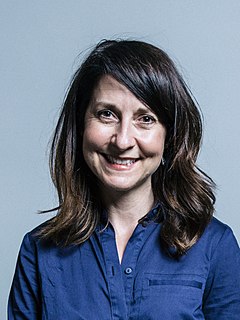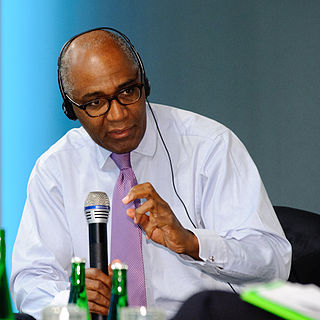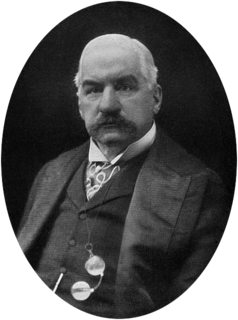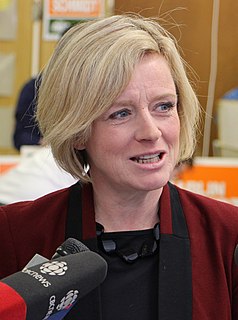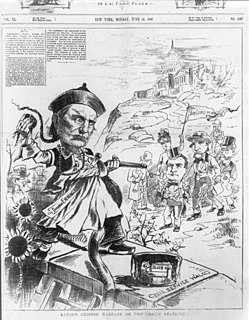A Quote by Liz Kendall
When it comes to public services, I am firmly on the side of the public.
Related Quotes
Don't talk to me about appealing to the public. I am done with the public, for the present anyway. The public reads the headlines and that is all. The story itself is fair and shows the facts. That would be all right if the public read the facts. But it does not. It reads the headlines and listens to the demagogues and that's the stuff public opinion is made of.
Our budget also reflects key components of our campaign. It's very much focused on stabilizing public services, restoring stability to public services and investing in job creation and economic diversification and, generally speaking, acting as a cushion during this economy, something fundamentally different than what the other parties proposed in the last election.
